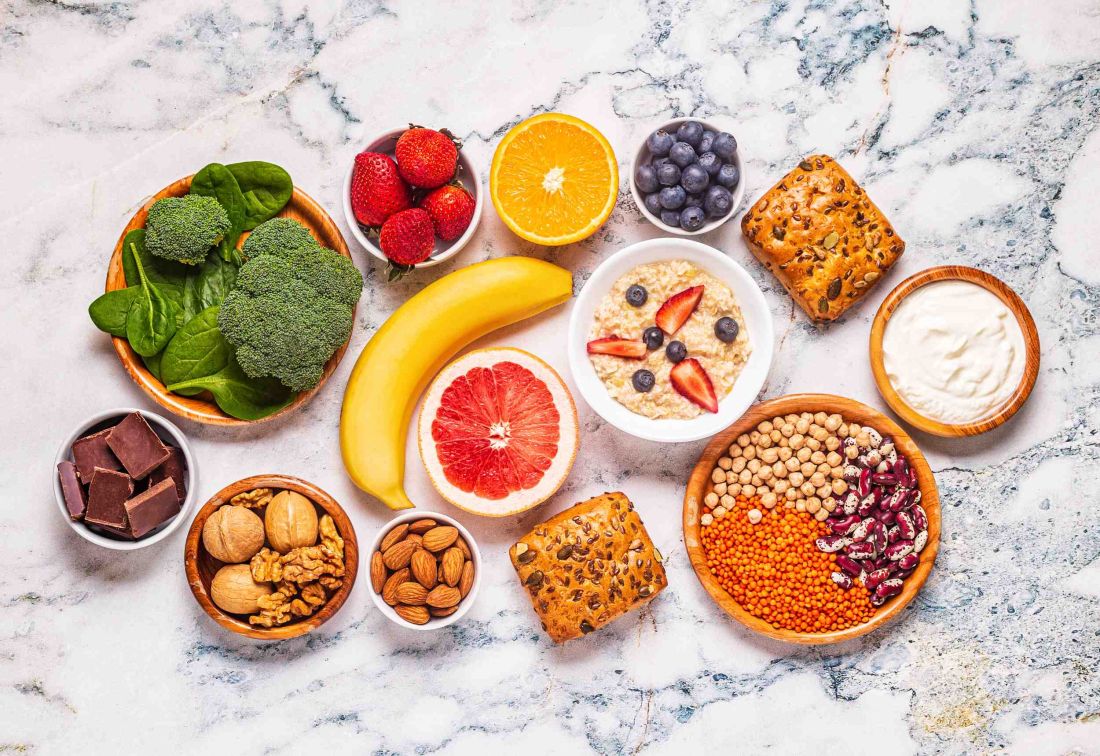Eating Well for Mental Health: A Comprehensive Guide
One of the most important factors is to incorporate a healthy diet when it comes to taking care of yourself. We don’t mean munching on salad leaves from morning to noon, but just making healthier choices throughout the day. One reason for this is healthy eating has a knock-on effect of improving your mental health and wellbeing.
When we eat well, it provides us with the nutrients that we need to function, which includes improving brain function, not just physical movement. The diet we choose to eat nowadays often lacks all these essential nutrients and is keeping our bodies from achieving optimal mental and physical health.
In the following article, we explore the connection between our diet and mental health, discuss the nutrients necessary for a healthy mind, and provide our top tips for incorporating a healthy diet into your lifestyle.
The Gut-Brain Connection
Many are aware that the ‘Gut-brain connection’ term is used to describe the link between our digestive system and our brain.
They both communicate through a complex network of nerves and chemicals, including the gut microbiome. The gut microbiome is a collection of microorganisms living in our digestive system, which plays a crucial role in our mental health.
Without vital nutrients, our brain can lack the ability to perform well, including our concentration levels. All the more reason to ensure you are fuelling your body with the right nutrients to keep it happy and healthy. Let's move on to find out more about why four key nutrients are so vital.
Nutrients for Mental Health
There are several nutrients that are responsible for creating optimal mental health, and if your body is lacking in these nutrients, it can sadly lead to symptoms of depression and anxiety, which are better left avoided.
Omega-3 Fatty Acids
Omega-3 fatty acids are essential fats that are crucial to brain function. Research has shown that omega-3 fatty acids can reduce symptoms of depression and anxiety and, help prevent heart disease and stroke, help control lupus, eczema, and rheumatoid arthritis. Foods high in omega-3 fatty acids include fatty fish such as salmon, mackerel, sardines, flaxseeds, and chia seeds.
B Vitamins
B vitamins are crucial for optimal brain function, and a deficiency in these vitamins can lead to symptoms of depression and anxiety. Insufficient intake of vitamin B can cause anaemia or a lack of healthy red blood cells, which can prolong the time it takes for the body to heal.
Some data has shown that the correct intake of vitamin B can play a role in preventing Parkinson’s disease.
Vitamin D
Low vitamin D levels have been linked to symptoms of depression and seasonal affective disorder (SAD). Foods high in vitamin D include fatty fish and fortified dairy products. Ensuring that your vitamin D intake is sufficient can assist in keeping your mind and body happy and healthy.
Magnesium
Magnesium is a mineral essential for proper brain function, and a lack of magnesium can lead to symptoms of anxiety and depression. Foods high in magnesium include dark chocolate, nuts, seeds, and leafy greens.
Foods to Avoid for Mental Health
While some foods can improve our mental health, others can have the opposite effect. Here are some foods to limit or avoid for optimal mental health:
- Sugar: Consuming too much can lead to blood sugar spikes and crashes, worsening symptoms of anxiety and depression.
- Processed foods: Processed foods are often high in unhealthy fats, salt, and sugar, negatively impacting our mental health.
- Caffeine: While caffeine can provide a temporary energy boost, too much can worsen anxiety symptoms and interfere with sleep.
- Alcohol: While alcohol may temporarily relieve stress, it can also worsen symptoms of depression and anxiety in the long term.
In conclusion, eating well is essential for optimal mental health. Our diet provides us with the nutrients we need to function, including our brain, and a healthy diet can positively impact our mood, emotions, and cognitive function. Incorporating nutrient-dense, prebiotic and probiotic foods, and limiting processed foods, sugar, and alcohol can positively impact our mental health. Exercise, sleep, and mindful eating can also contribute to this.
Healthy Corporate Catering Options from Green Bike Food Co.
At Green Bike Food Co., we believe catering for your next corporate lunch, event, or party should be sustainable, healthy, and enjoyable. We provide a tailored service to you, meeting your requirements every step of the way. Get in touch today for more information on the healthy choices we can offer.









